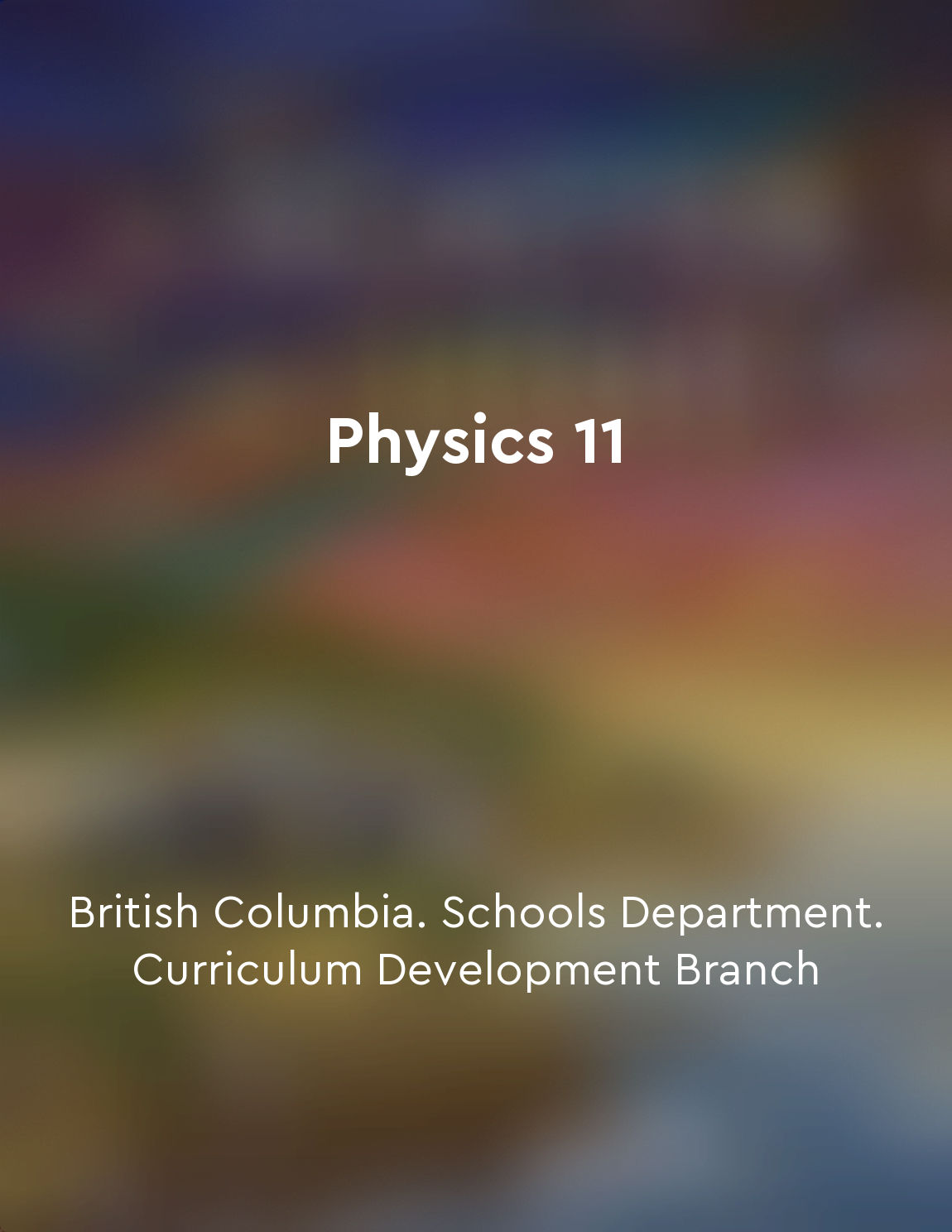Some exoplanets resemble Earth from "summary" of Exoplanets and Alien Solar Systems by Tahir Yaqoob
One fascinating aspect of exoplanet research is the discovery that some of these distant worlds bear a striking resemblance to our own planet. These Earth-like exoplanets share certain key characteristics with Earth, such as a solid surface, a stable atmosphere, and the potential for liquid water to exist. These similarities have sparked excitement among scientists and the general public alike, as they hint at the possibility of finding extraterrestrial life beyond our solar system. One of the primary reasons why some exoplanets resemble Earth is their location within the habitable zone of their parent star. This region, also known as the "Goldilocks zone," is not too hot nor too cold, but just right for liquid water to exist on the planet's surface. This crucial ingredient for life as we know it is considered a fundamental requirement for habitability. The presence of liquid water on an exoplanet significantly increases the likelihood of it being able to support life, making these Earth-like worlds prime targets for further study. In addition to their placement within the habitable zone, Earth-like exoplanets also share other characteristics with our home planet. For instance, some of these worlds possess a protective magnetic field that shields them from harmful solar radiation. This is a crucial feature for maintaining a stable atmosphere and protecting any potential life forms from the harsh conditions of space. The presence of a magnetic field on an exoplanet is therefore seen as a positive indicator of its habitability. Moreover, the composition of the atmosphere on Earth-like exoplanets can provide valuable insights into their potential habitability. By studying the gases present in these alien atmospheres, scientists can infer whether conditions are suitable for life to thrive. For example, the presence of oxygen in an exoplanet's atmosphere could indicate the presence of photosynthetic life forms, similar to plants on Earth. Such discoveries could revolutionize our understanding of the cosmos and our place within it.- The discovery of Earth-like exoplanets has opened up new possibilities for exploring the potential for life beyond our solar system. By studying these distant worlds and comparing them to our own planet, scientists can gain valuable insights into the conditions necessary for habitability and the prevalence of life in the universe. The search for Earth-like exoplanets continues to captivate the imagination of both scientists and the public, offering a glimpse into the vast diversity of worlds that exist beyond our own.
Similar Posts
Education is essential for the next generation of space scientists
In order to push the boundaries of space exploration and make new discoveries, we need a new generation of space scientists who...
Exoplanets can expand our understanding of the universe
The discovery of exoplanets has revolutionized our understanding of the universe by revealing the sheer diversity of planetary ...
Saturn's rings are beautiful
The stunning rings of Saturn are a sight to behold in the vast expanse of space. Encircling the planet like a delicate halo, th...
Planetary science offers insights into Earth's future
The study of planetary science involves investigating the processes that shape the planets, moons, and other celestial bodies i...
Exoplanets can be detected through transits
One effective method for detecting exoplanets is through transits. When a planet passes in front of its parent star from our pe...
Star clusters contain numerous stars
Star clusters are fascinating structures in the night sky that contain a multitude of stars. These clusters come in various siz...
Astronauts conduct experiments
Astronauts aboard spacecraft play a crucial role in conducting experiments to further our understanding of the universe. These ...

Matter is made up of particles whose properties determine observable characteristics
The fundamental concept that underpins the study of matter in physics is the idea that all matter is composed of particles. The...

